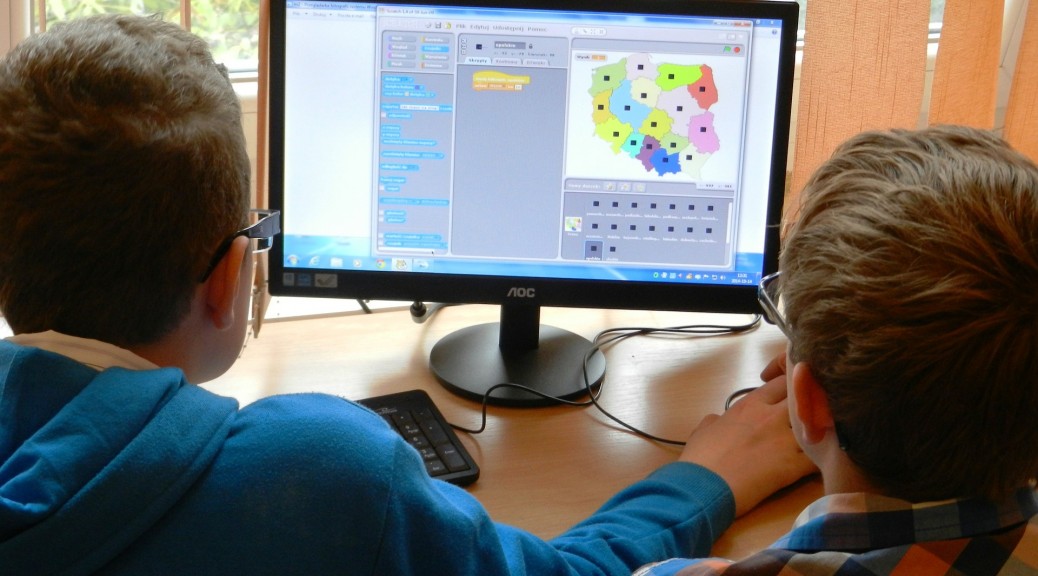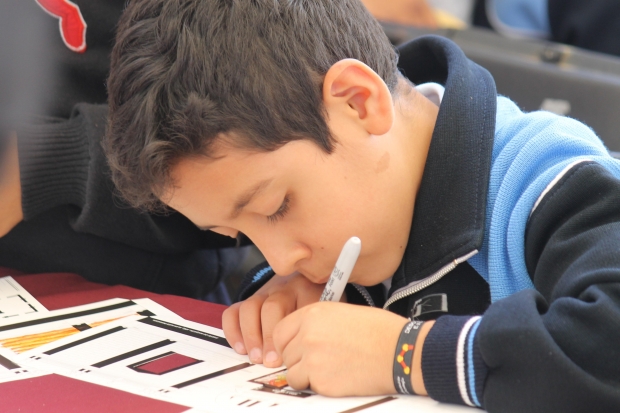In this day and age, it’s more important than ever that kids go to college, yet too often they make the choice not to. Whether it’s because they’re afraid of the cost, they don’t think they need it for the career they want to go into, or they’re just sick of schools, it can be difficult for parents to see their child decide to pass on what could be such a useful opportunity.
At CodeREV Kids, we think it’s important to remember that the college prep doesn’t start when your child is a senior in high school – it starts much earlier. Here are a few things you can do to help steer your child toward the rewarding track of college.
1. Let your children know you value college
If you went to college, talk about it fondly. If you didn’t, talk about how it could have opened doors for you.
2. Ask your child what they want to be when they’re older
Of course, you’re not looking for your seven-year-old child to pick a career they’re going to stick with, but you can show them that you’ll support their goals. Encourage whatever their dreams are and put your child in touch with anyone you know in the field. Then connect that job to the need for a college degree.
3. Start your child off with challenging coursework
Studies show that if a high school student takes a single college-level course, their chances of going to and completing college go up.
4. Show them learning can be fun
The biggest obstacle you have is not letting your child think that learning is boring, too hard, or something that’s not necessary. At CodeREV Kids, we offer technology classes that are fun, useful, and will foster a love of learning in your kid.
5. Visit colleges when you’re traveling
The next time you go on a family trip, take a few hours to tour the local university or college. Talk to your child about the programs available at that school and whether or not it would offer the type of programs they need.
These are just a few ideas to help improve the chances that your child goes to college. All parents want their children to succeed and college can make that more likely in a wide range of fields. Reach out to the instructors at CodeREV Kids if you need more ideas on incorporating tech into your child’s learning program.







